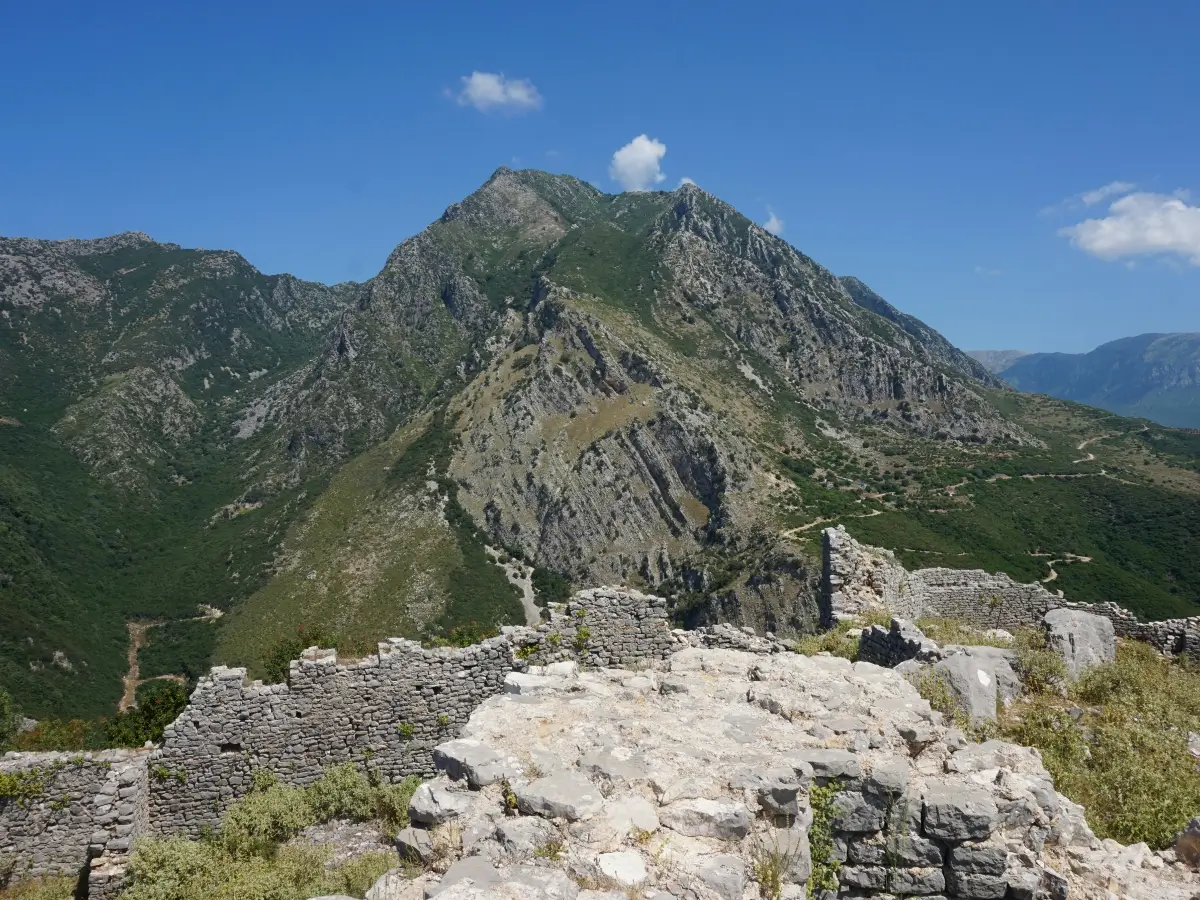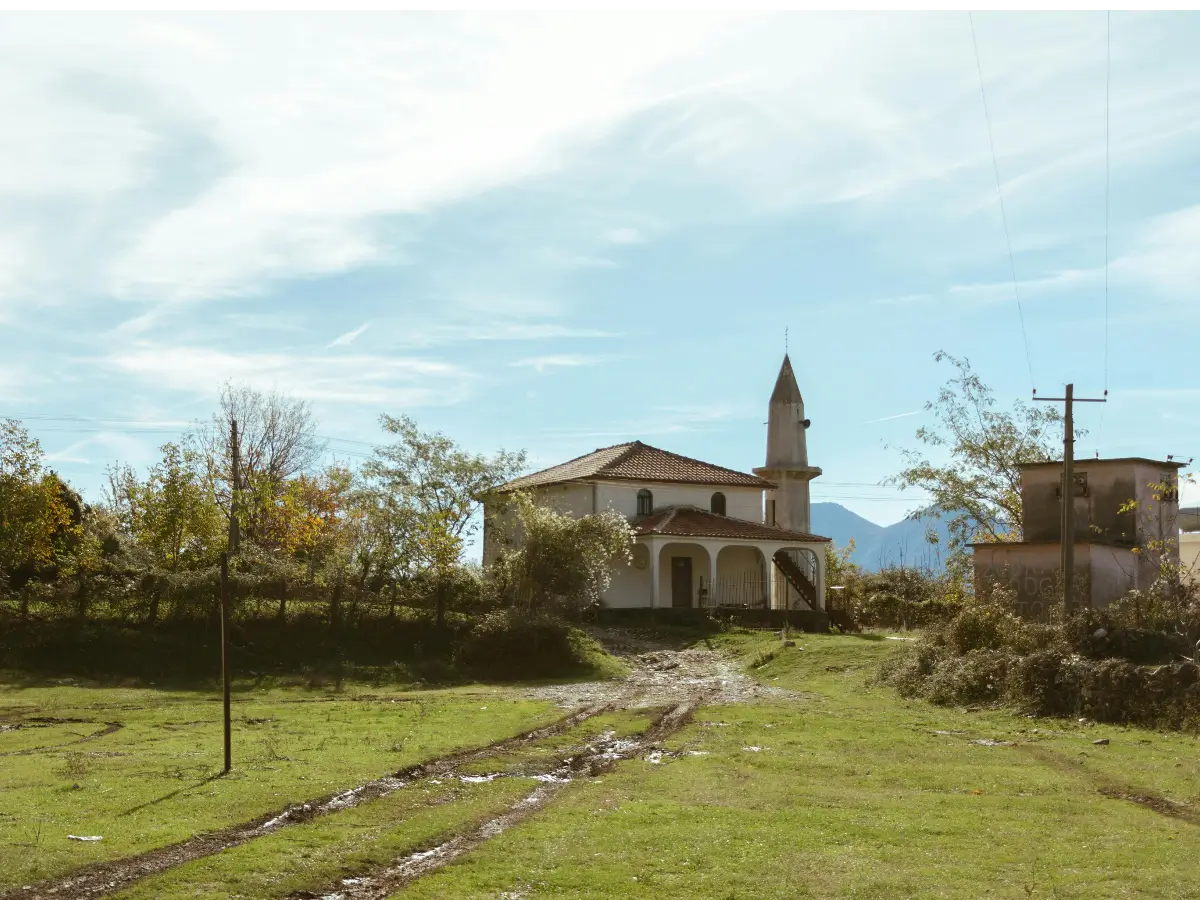In recent decades, many rural areas of Albania have seen a sharp decline in population. Entire villages have been abandoned or drastically reduced to a few remaining families, with schools and local clinics closing due to lack of people. This trend is not temporary — it’s the result of long-term patterns involving migration, economic disparity, and generational shifts.
Depopulation is more than just a numbers issue. It’s reshaping landscapes, economies, and identities. As people move toward cities or abroad in search of opportunity, rural regions face a silent transformation — one that is changing the fabric of Albanian society.

Why rural areas are emptying out
Depopulation in rural Albania has several overlapping causes. The fall of communism in the 1990s triggered massive shifts, including the collapse of state-run farms and rural employment systems. Without alternatives, many left for urban areas or emigrated entirely.
The challenges faced in many rural areas include:
-
Limited access to jobs outside agriculture
-
Weak infrastructure, especially roads, internet, and public services
-
Poor healthcare and education systems
-
Lack of long-term investment or development plans
-
Youth migration and brain drain to cities or abroad
In many cases, migration becomes generational. Once the younger population leaves, older residents are left behind without support, and the village gradually declines until it is no longer viable.
Regional impact and visible signs
Entire communities in regions such as Dibra, Gramsh, Devoll, and parts of Kukës have seen buildings fall into disrepair. Schools have been merged or shut down. Medical centers close due to lack of patients. Agricultural land lies uncultivated, and centuries-old homes remain empty for years.
This shift has long-term consequences. Traditional knowledge — in farming, livestock care, or herbal medicine — often disappears with the last elderly residents. Communal festivals, dialects, and crafts vanish quietly. Land left unmanaged becomes vulnerable to erosion, fire, or illegal use.

In some regions, the only activity that remains comes seasonally — people returning to their village houses in summer or during holidays, briefly reviving local life before returning to Tirana, Durrës, or abroad.
Economic and national-level effects
Depopulation in rural Albania is not just a local issue. It affects national food security, labor distribution, and economic balance. The shift toward urban centers increases pressure on city infrastructure, housing markets, and job availability, while leaving fertile agricultural regions underused.
Fewer people in rural areas also means reduced tax revenue for local governments, weakened political representation, and declining public investment. Areas rich in natural beauty and cultural heritage lose their population before they ever gain sustainable tourism or development attention.
Several attempts have been made to encourage return migration, support agritourism, or incentivize young families to stay — but results have been mixed, especially without long-term strategies and infrastructure to support them.